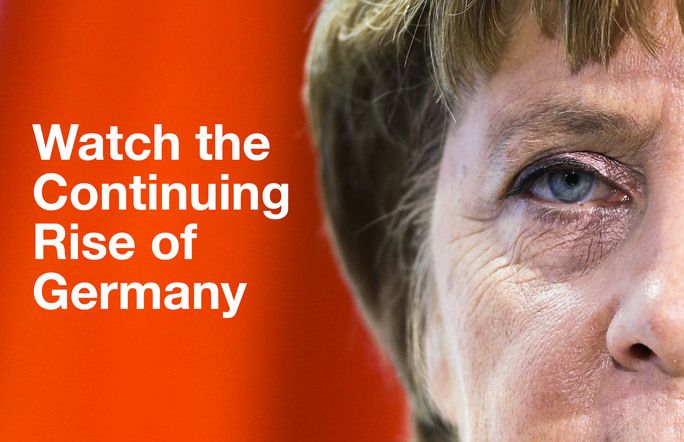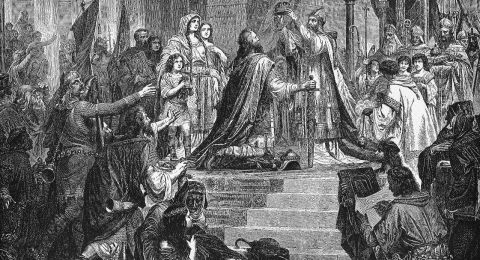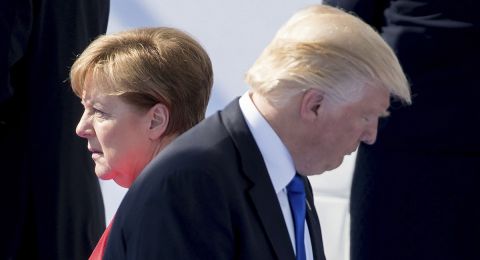
Germany's Growing Power: The Emergence of a New European Leader
Germany's global influence continues to grow amid shifting international relations and declining U.S. leadership. This transformation marks a significant change from post-WWII dynamics.

German flag waving over city skyline
Recent tensions between Germany and the U.S. have accelerated this shift, including:
- Opposition to the 2003 Iraq invasion
- NSA surveillance revelations in 2013
- CIA espionage incidents in 2014
- Deteriorating Trump-Merkel relations over NATO, trade, and climate policy
- Removal of "friend" from Germany's description of U.S. relations
Chancellor Merkel has explicitly called for European independence, stating Europe must "take its fate into its own hands." This represents what Richard N. Haass calls a "watershed moment" in post-WWII relations.
Germany's economic dominance in Europe has grown significantly:
- Fourth largest global economy
- World's leading exporter
- Key decision-maker in EU financial matters
- Growing influence over European policy
Military developments include:
- Push for an EU army
- Romanian and Czech military units under German command
- Increased military integration following Brexit
- Growing response to Russian aggression and terrorism

Berlin skyline at sunset

Charlemagne crowned as European Emperor

Merkel and Trump in tense conversation
Prophetic interpretations suggest Germany's rising influence aligns with biblical predictions about a powerful "beast" and "king of the North" emerging in Europe. As Anglo-Saxon influence declines, Germany's leadership role in Europe continues to strengthen.
Related Articles

Terror Strikes Paris: 12 Dead in Charlie Hebdo Attack

